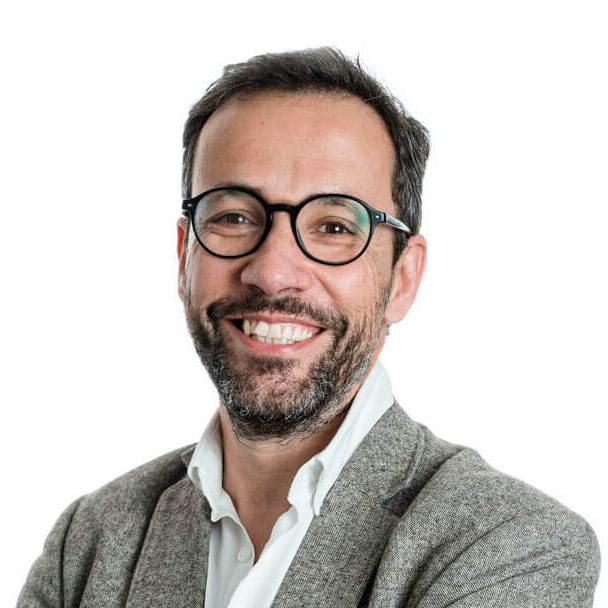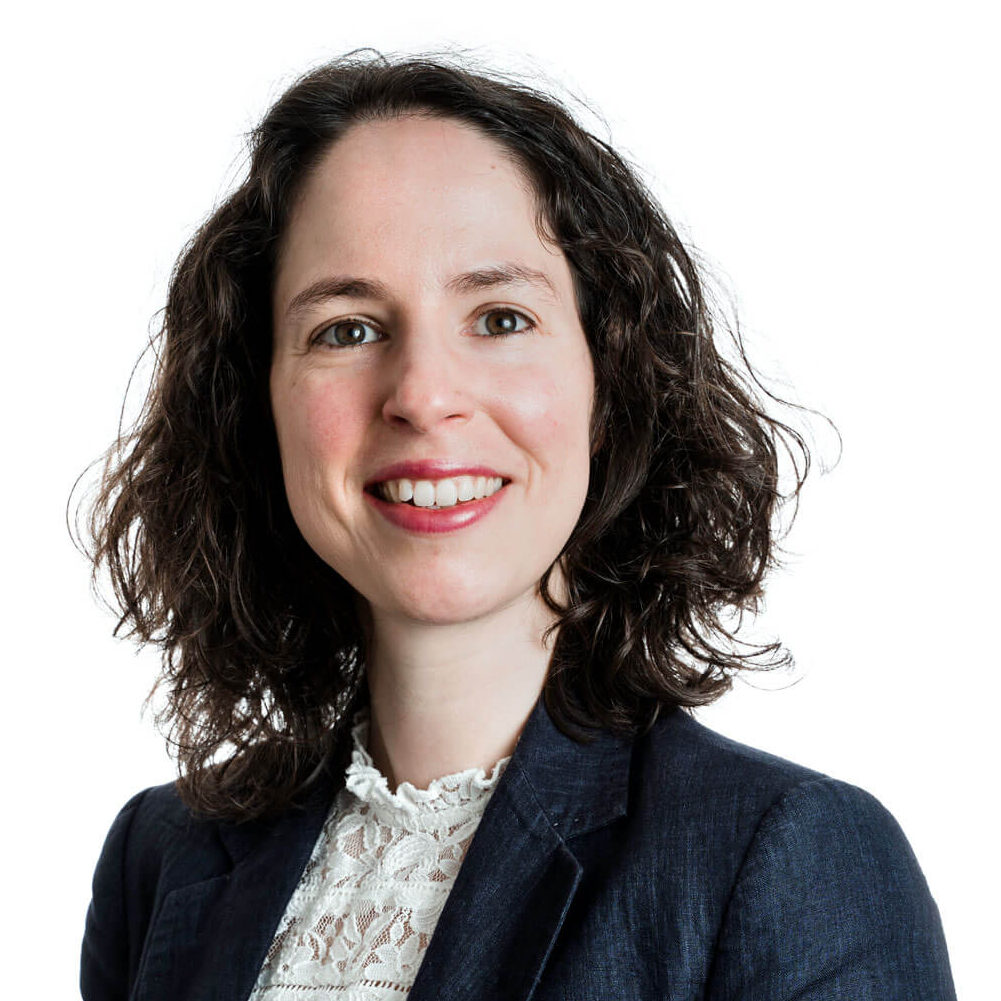All people by nature desire to know.
Πάντες ἄνθρωποι τοῦ εἰδέναι ὀρέγονται φύσει.
Aristotle, Metaphysics 980a
Welcome to our Centre
The Centre for Classical Studies (CEC) is a Portuguese research centre based in the School of Arts and Humanities at the University of Lisbon. We focus on the study of ancient Greek and Roman texts, as well as on their reception over the centuries up to the present age, including the huge set of poorly known or completely unknown Latin texts from western Iberia.
I became interested in Classics while completing my History degree. I started by learning Latin, then Greek, and finally moved more broadly toward the cultural side of the discipline. I was surprised early on when I realised that, far from being only about the ancient Greek and Romans, Classics is much broader, extending up to the present day through the persistence of seemingly countless themes and motifs. Eventually my research focus settled on Medieval Latin historiography of Iberia.
A similar path to the study of Classics was taken by my colleague Ana Lóio, who eventually joined me in the directorship of the Centre for Classical Studies. After a brief period studying Portuguese and German literature, Ana also turned her attention to the discipline of Classics and now dedicates herself to the study of Imperial Latin literature.
These two scholarly trajectories are indicative of our perspective in the Centre for Classical Studies. The CEC is a collective enterprise that is led by researchers from different generations and backgrounds who contribute as a group not only to the advancement of knowledge about Classics and its reception but also to the dissemination of new perspectives on contemporary social and cultural issues.
Again, welcome to the CEC!
Rodrigo Furtado, Director
Centre for Classical Studies
University of Lisbon

Rodrigo Furtado
Director

Ana Maria Lóio
Deputy Director
History
The Centre for Classical Studies was founded by Francisco Rebelo Gonçalves in 1966 within the framework of the Portuguese Institute for High Culture. Gonçalves became the first Director of the Centre and assumed the responsibilities of editing and managing the scholarly journal Euphrosyne. The Centre was originally based in the Department of Classical Studies (DEC) in the Faculty of Arts and Humanities of the University of Lisbon.
When Gonçalves retired, Maria Helena Ureña Prieto succeeded him in the direction of the Centre and Euphrosyne. After the creation of the National Institute of Scientific Research, the CEC was directed by a commission comprising five members presided over by José António Segurado e Campos.
In 1994, the CEC was restructured, becoming independent of the DEC and integrated into the University of Lisbon. In that same year, Aires A. Nascimento, the Director of Euphrosyne since 1985, assumed the role of Director of the Centre for Classical Studies, with Vítor Jabouille as his Deputy. He then consolidated the structure of the CEC into five main areas: Greek, Classical Latin, Medieval Latin, Renaissance Latin, and Instrumenta. With an unparalleled work capacity, he led the CEC until his retirement in 2008. Afterward, Arnaldo do Espírito Santo served as Director until 2010 when Maria Cristina de Castro-Maia de Sousa Pimentel took the reins. She headed the Centre until 2017, being succeeded, after he was elected, by the current Director, Rodrigo Furtado.
